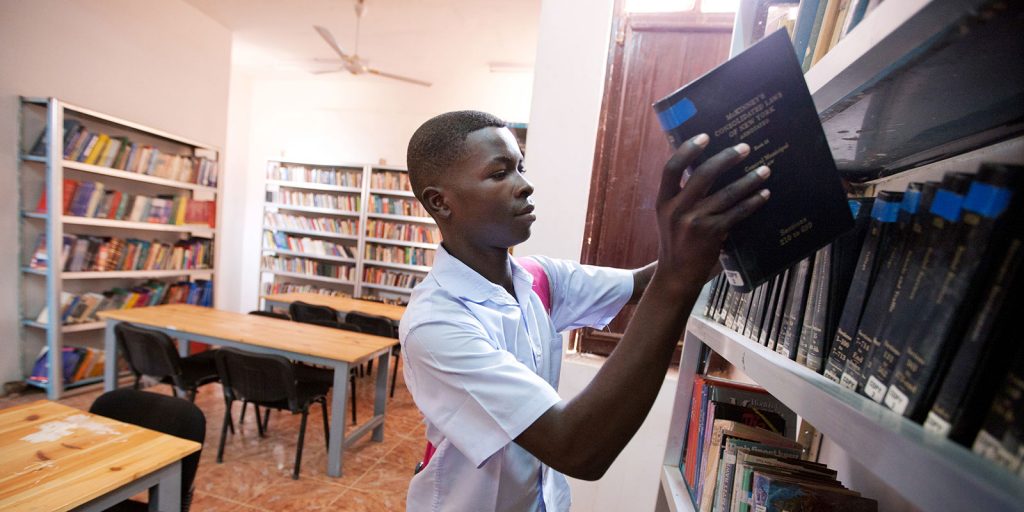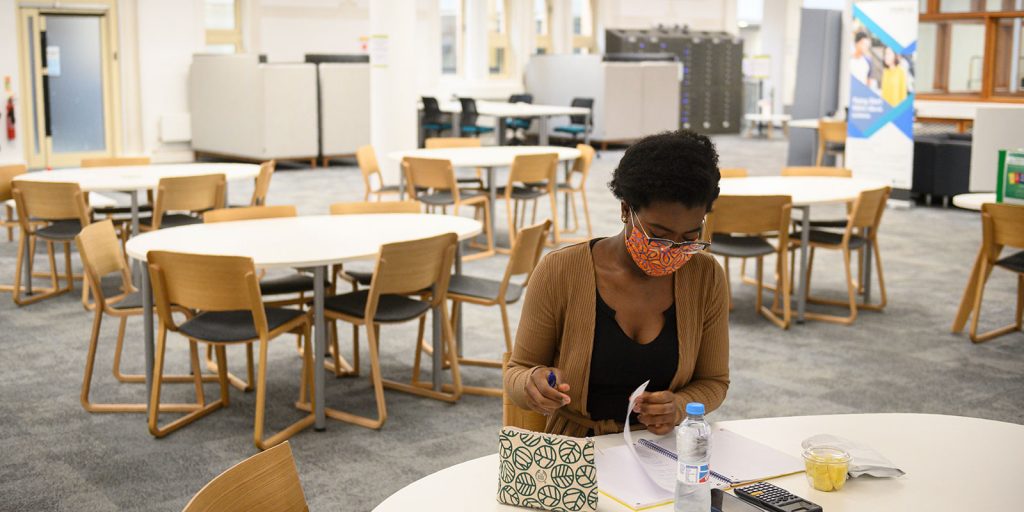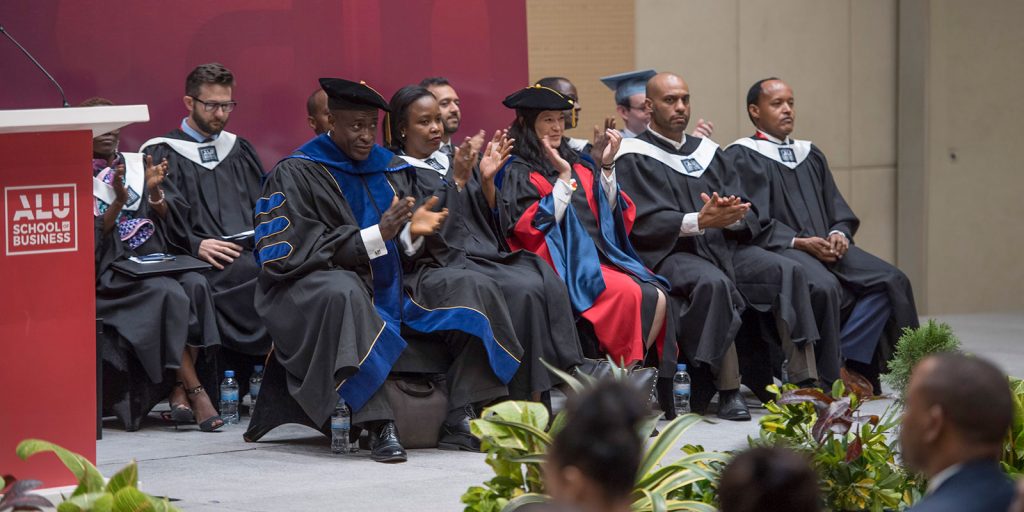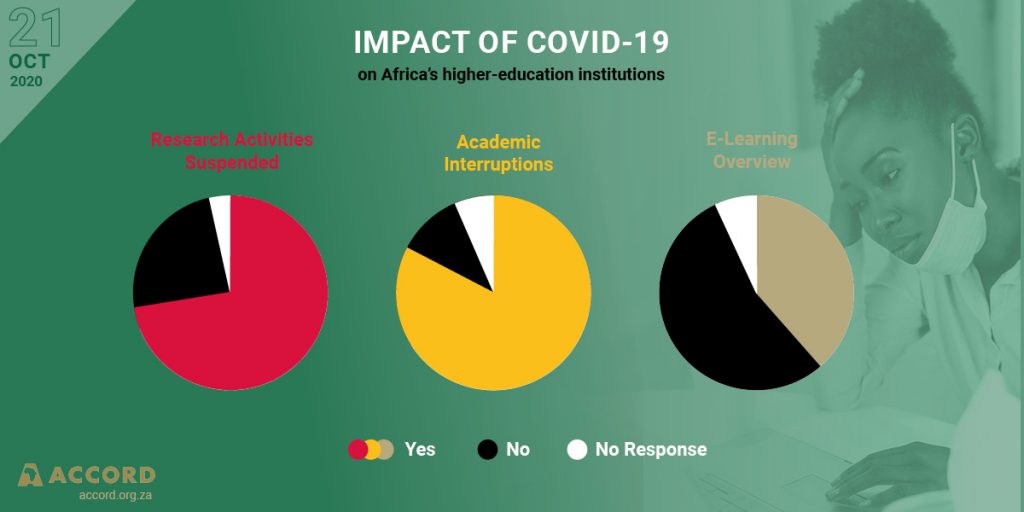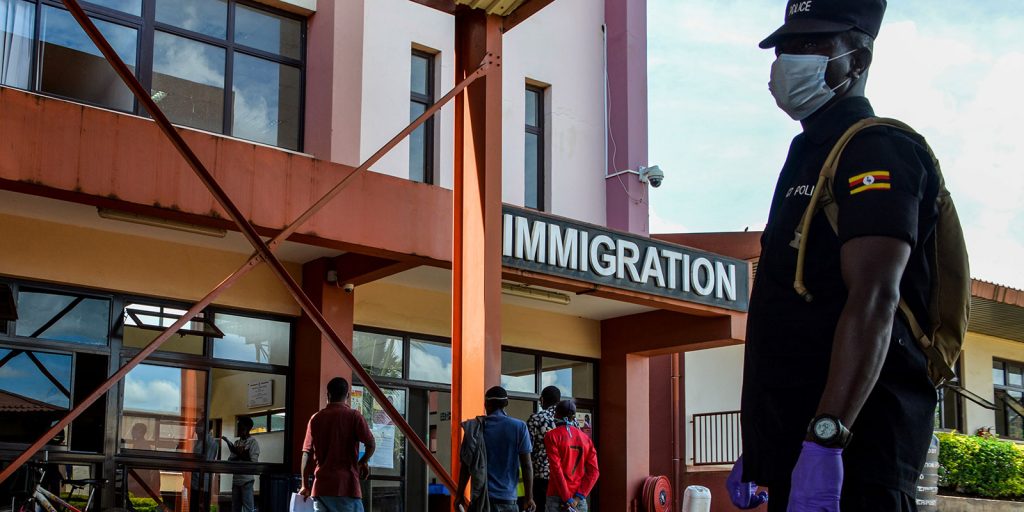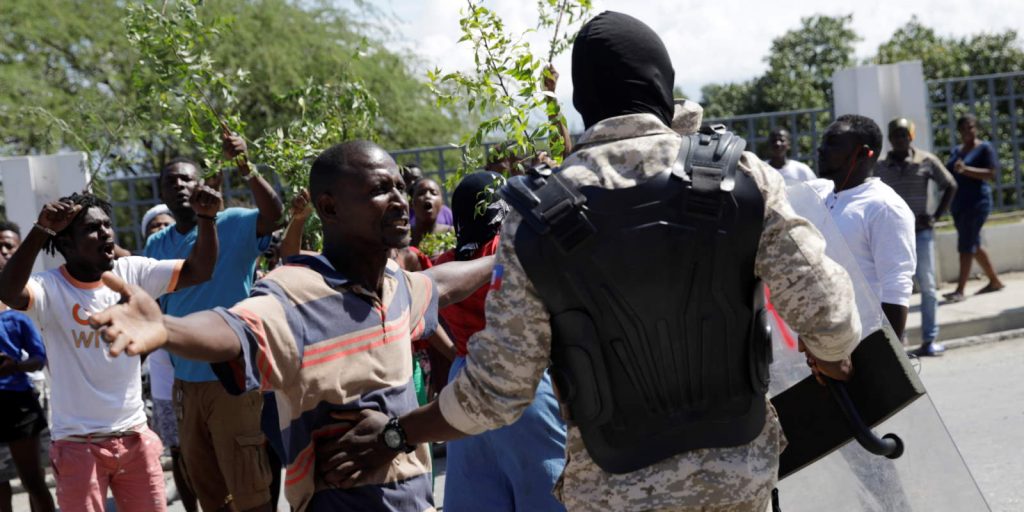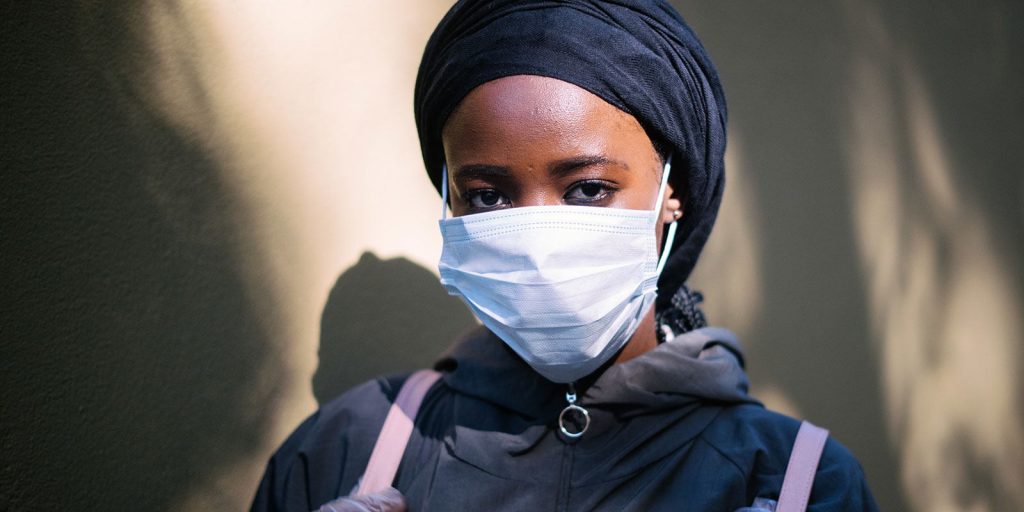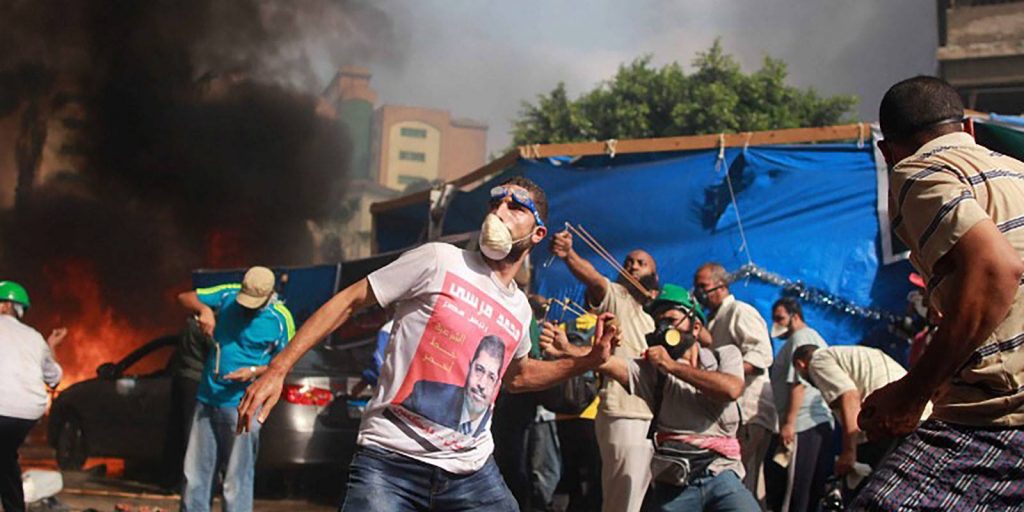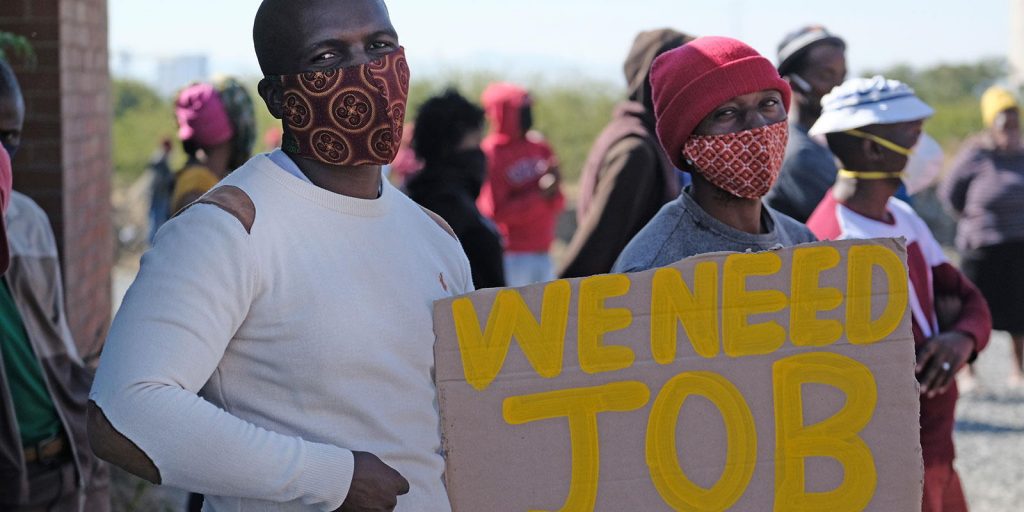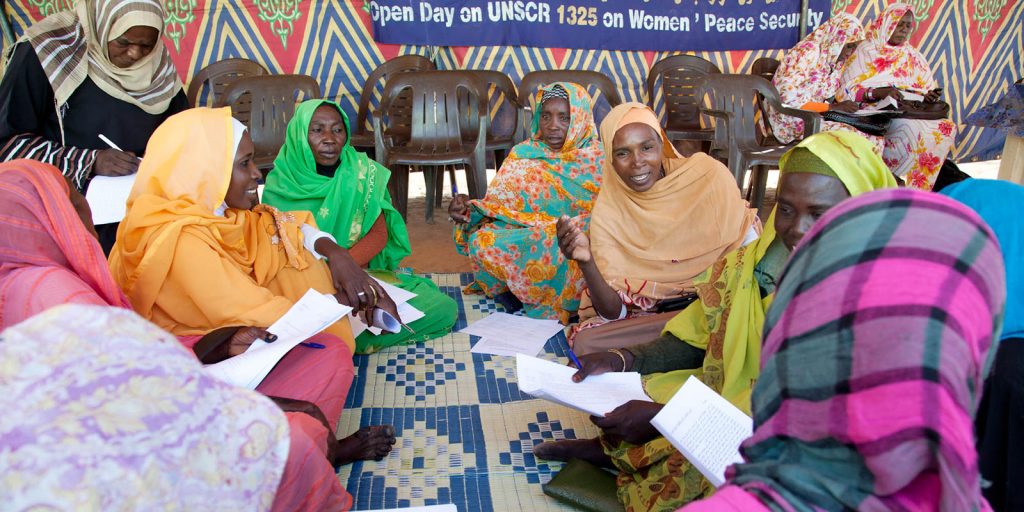
Twenty Years of UNSC Resolution 1325 call for a Frank Forward Look
Since the United Nations (UN) adopted UN Security Council Resolution (UNSCR) 1325 on Women, Peace and Security (WPS) in 2000 there have been significant shifts in discourse and practice on gender, peace and security. Twenty years later, conscious of the original limitations that shaped UNSCR 1325 in the first place, we must account for these shifts whilst striving to do much more than simply sustain the agenda.

